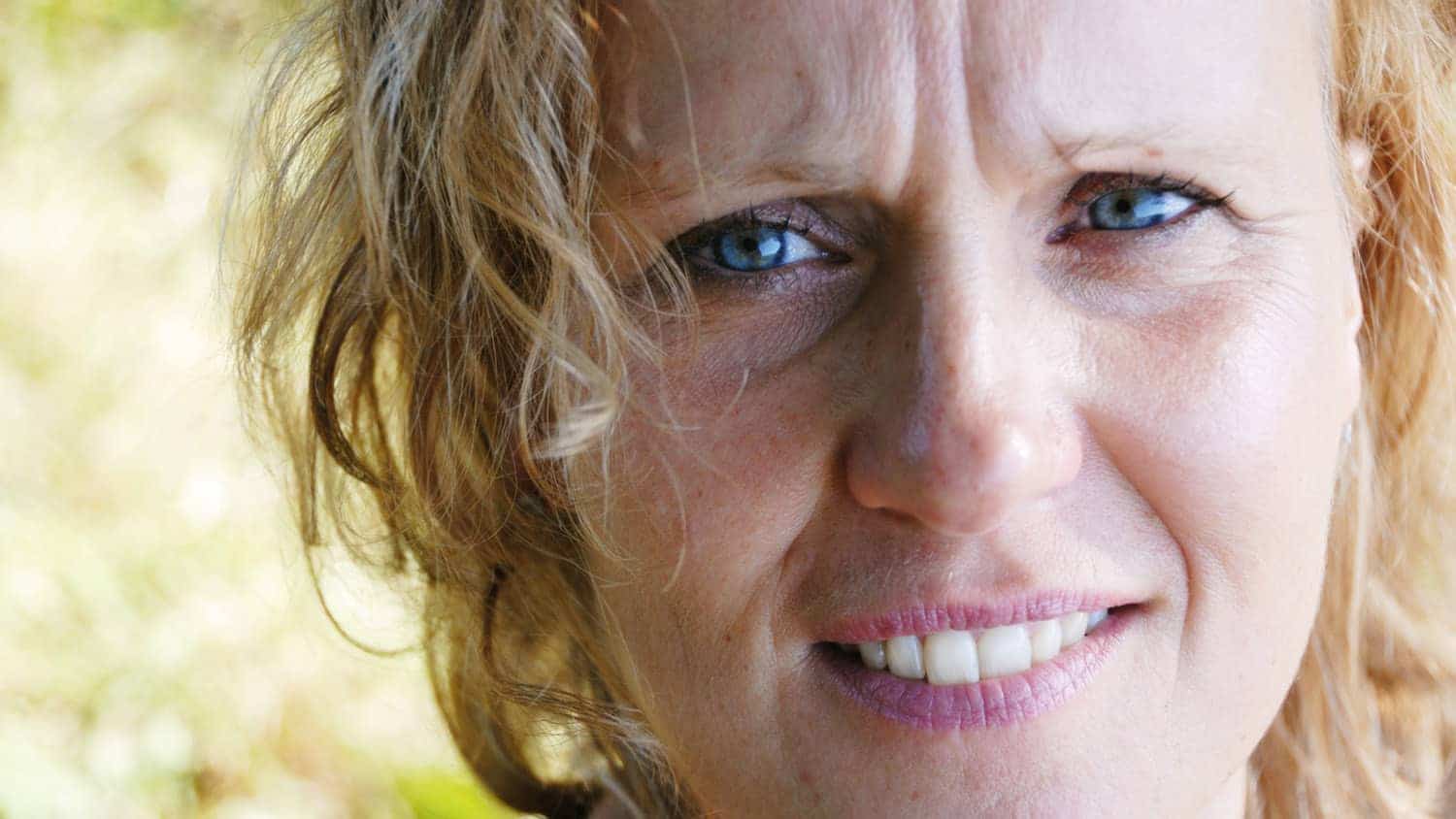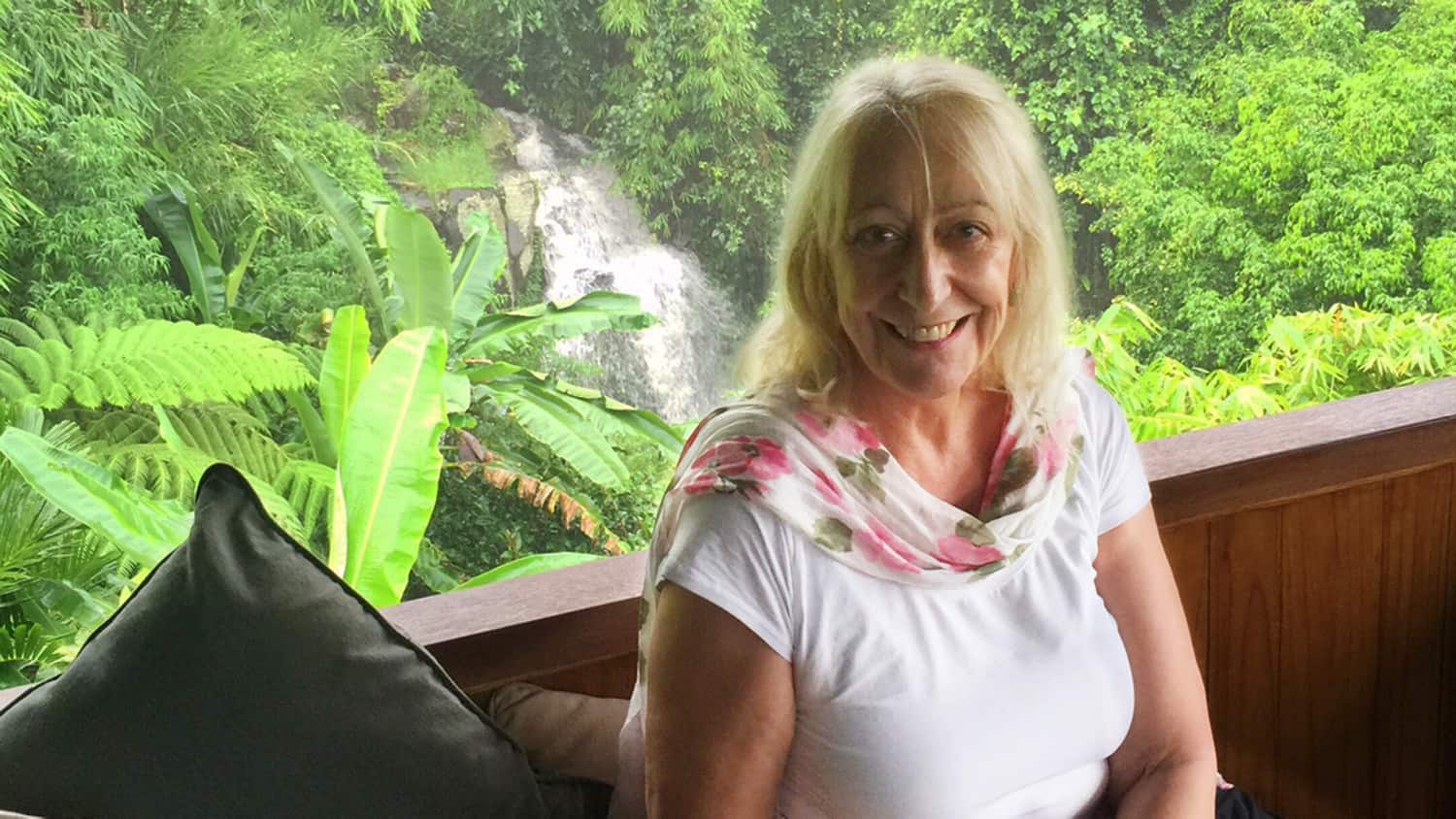
Jane Fonda, Socrates and the Art of Decision Making After 60
It seems normal to fear big decisions when one is over the age of 60. We’re more risk averse, afraid of ambiguous outcomes and dark shadows that loom around the corners of unexplored territory.
It’s easier to stay safe, maintain the status quo.
But sometimes making a big decision is unavoidable. So how do we move past the dreaded frozen in the headlights moment when fear trumps action?
Jane Fonda and Socrates
Jane Fonda, who has publicly vetted her decisions over the course of an extraordinary life, has spent the last two decades trying to make sense of it all. Hindsight is 20/20, but what has she discovered that can help us?
Fonda maintains, “You don’t learn from successes; you don’t learn from awards; you don’t learn from celebrity; you only learn from wounds and scars and mistakes and failures.”
It is generally recognized that success as a human being is determined by how smartly we draw from our experiences, how we integrate learnings into our lives.
Centuries earlier, the philosopher Socrates recognized the same when he famously said, “An unexamined life is not worth living.”
To sum up, and with further attribution to the ancient Greeks, “Know Thyself.”
Relying on Past Experience
Nothing worthwhile comes easy.
Humans have an inbred desire to protect themselves from facts too painful to survive the glare of a spotlight, especially one that is self-directed. If you’re like me, dwelling on the past is an irritant.
When I have a major decision in front of me, like a lawyer, I start at the beginning. I look for precedents. I force myself to think about the fundamentals, and clear away the emotional cobwebs surrounding the facts.
I challenge myself to an intellectual duel by using probing questions like these: How have I decided on similar issues in the past? What were the positive and negative impacts of those decisions? Which decisions were rational and productive? Which decisions were emotional and non-productive?
I move through this exercise rather quickly and try not to relive the experiences. The job here is to evaluate; to bring transparency to the hazy, sometimes distorted recollections of the past that can make current decision-making confusing. That’s important when making decisions on points impacting your family, your finances, your marriage and your living situation.
An honest look back at the past can speed you toward a better decision. But how can you reinforce the process so that a bad decision is less likely?
Looking at New Problems with Experienced Eyes
Here’s an example of the process ripped from the headlines of my own life as my spouse and I decide whether to move from the United States to begin our retirement years as expats in Barcelona. There’s a lot riding on the resolution. It touches all four of the impact points mentioned above.
Having never moved outside of the country before, examining precedents in this particular instance is tough. Therefore, I added a quality of
life assessment to the process. This generated a healthy list of pros and cons based on two questions: How might life improve if we move to Spain? What are the downsides of a move away from the comforts of our country and culture?
As a buffer against a false reading, I remain dispassionate when pondering the many different sides of a decision. I also pay close attention to that unerring internal rudder – my inner voice.
But if lingering doubts still exist, take this one additional step as an insurance policy.
Evidence of Success
Write the three statements below – separated by ample space – on a blank piece of paper. They will help you to prognosticate.
Six months from now I will consider my decision successful if the following is true: __________.
One year from now I will consider my decision successful if the following is true: __________.
Five years from now I will consider my decision successful if the following is true: __________.
Dig deep into this one. You aren’t simply reading the future – you’re creating it!
Understanding anticipated levels of satisfaction at agreed-upon checkpoints – six months, one year, five years… you decide – can help keep a strong focus on the truth north of your happiness. It can also alert you to the need for a course-correction; one that can mean the difference between success and failure of the plan.
We Hold the Key to Our Own Successful Outcomes
With experience, knowledge and good judgment supporting a decision-making process, you’ll feel more in control, more satisfied you’ve done the due diligence that will allow the best you to shine through!
Perhaps you’ll have even bid farewell to your old friend, analysis-paralysis.
By the way, in case you’re wondering about the move to Barcelona – not going to happen!
Having gone through the process outlined above, we decided upon a plan that would allow us to spend time overseas without actually claiming expat status. We’re satisfied with the decision. For myself, I actually feel relieved.
Please share with us how you make your big decisions. How have you smartened-up your process of decision-making over the years? What impact points do you consider? Please share your thoughts with the Sixty and Me community.






